What is an Air Purifier?
An air purifier is a device designed to enhance indoor air quality by removing contaminants from the air. These devices have become increasingly popular in homes and workplaces, especially given the growing awareness of the impact of air quality on health and well-being. Air purifiers work by employing various filtration systems to capture particles and pollutants that can cause irritation or health issues. Depending on the type of air purifier, they can effectively eliminate a range of contaminants, including dust mites, pollen, pet dander, smoke, and even volatile organic compounds (VOCs).
The primary function of an air purifier is to filter out harmful particles and allergens from the air, thereby providing a cleaner environment. For individuals suffering from respiratory conditions like asthma or allergic reactions, an air purifier can significantly ease symptoms by reducing exposure to airborne irritants. Moreover, many air purifiers are equipped with HEPA (High Efficiency Particulate Air) filters, which are capable of trapping at least 99.97% of particles as small as 0.3 microns. This includes common allergens such as mold spores, dust, and pet hair.
In addition to serving those with allergies or respiratory sensitivities, air purifiers benefit everyone by maintaining a fresher and healthier indoor atmosphere. They can effectively eliminate odors, making spaces feel more inviting, and can even combat indoor pollution resulting from cooking or household activities. As a result, integrating an air purifier into indoor settings not only fosters a more comfortable living area but also promotes overall health and wellness. This makes them an essential appliance in today’s increasingly polluted indoor environments.
Understanding HEPA Filters
HEPA, which stands for High-Efficiency Particulate Air, refers to a type of filter that is designed to capture a significant percentage of airborne particles. Specifically, HEPA filters are engineered to eliminate at least 99.97% of particles that are 0.3 microns in size. This level of efficiency makes them particularly effective at reducing pollutants such as dust, pollen, smoke, and pet dander, which are common triggers for allergies and respiratory problems. The construction of HEPA filters typically involves a dense mat of fibers that create a maze-like structure, facilitating the mechanical filtration process.
One of the key technical specifications of HEPA filters is their ability to meet strict industry standards. To qualify as a true HEPA filter, it must pass rigorous testing by organizations such as the U.S. Department of Energy, assuring consumers of its performance capabilities. Not only do these filters trap harmful particles, but they also improve overall air quality within indoor environments, significantly contributing to healthier living conditions.
The effectiveness of HEPA filters in air purifiers is paramount. When integrated into an air purification system, they serve as the primary line of defense against fine particulate matter that can infiltrate living spaces. By removing allergens and pollutants from the air, HEPA filters enhance the performance of air purifiers, ensuring that the air circulated back into the environment is considerably cleaner. Regular maintenance and timely replacement of these filters are crucial in maintaining their efficacy, thus guaranteeing that users receive the maximum health benefits associated with the use of air purifiers equipped with HEPA technology.
Benefits of Using HEPA Filters in Air Purifiers
HEPA filters, or High-Efficiency Particulate Air filters, are integral components in many air purifiers due to their exceptional ability to trap airborne particles. One of the primary benefits of using HEPA filters in these devices is their effectiveness in reducing allergens. Studies have shown that HEPA filters can capture up to 99.97% of particles as small as 0.3 microns, including common allergens such as pollen, pet dander, and dust mites. This remarkable efficiency leads to a significant improvement in indoor air quality, providing relief for individuals suffering from allergies and asthma.
Another critical advantage of HEPA filters is their role in improving overall air quality. The use of air purifiers equipped with HEPA filters has been correlated with a reduction in respiratory issues. For instance, research indicates a pronounced decrease in hospital admissions for asthma and other respiratory conditions in environments where HEPA air purifiers are regularly used. Clean air contributes to a healthier home environment, ultimately enhancing the quality of life for all inhabitants.
The difference in air quality before and after employing a HEPA air purifier is often striking. A study conducted in residential settings demonstrated that the implementation of air purifiers with HEPA technology resulted in an average reduction of 50% in particulate matter within just a few hours. This improvement can have lasting effects, as cleaner air is less likely to trigger respiratory problems or exacerbate pre-existing conditions. Furthermore, with the continuous monitoring of air quality, homes using HEPA-equipped air purifiers show a consistent trend of enhanced well-being.
In conclusion, the advantages of using HEPA filters in air purifiers are substantiated by both qualitative and quantitative evidence. By effectively trapping allergens and improving indoor air quality, these filters play a crucial role in promoting better health outcomes and creating safer living environments.
Choosing the Right Air Purifier with HEPA Filter
When selecting an air purifier equipped with a HEPA filter, several critical factors need to be considered to ensure optimal performance and suitability for your specific environment. One of the primary considerations is the size of the room where the purifier will be used. Air purifiers are rated for different room sizes, and using a unit that is too small for your space may compromise its effectiveness in removing airborne particles. It is advisable to refer to the manufacturer’s specifications to select a model that matches your room’s square footage.
Another essential criterion is the Clean Air Delivery Rate (CADR), which indicates how efficiently an air purifier can filter pollutants from the air. Higher CADR ratings mean that the unit can clean the air more quickly and effectively, making this an important factor when choosing a device for areas with higher levels of pollution or allergens.
Noise levels are also a significant consideration, especially in shared spaces or bedrooms. Many manufacturers provide decibel ratings for their air purifiers, allowing consumers to select models that operate quietly while still delivering high performance. Additionally, evaluating maintenance costs, including filter replacement frequency and expenses, will help you choose a model that fits your budget in the long term.
Energy efficiency should also influence your choice, as some air purifiers consume more power than others. Look for the Energy Star certification or other energy ratings, which can help indicate low energy consumption without sacrificing performance. Lastly, consider additional features like filter replacement indicators, which notify you when it is time to change the HEPA filter. Options like activated carbon filters for odor removal can also enhance overall air quality, making it worthwhile to explore models with such technologies.
Maintaining Your Air Purifier and HEPA Filter
Proper maintenance of your air purifier, particularly its HEPA filter, is crucial for ensuring optimal performance and air quality. Every air purifier model operates differently, but a general rule is to replace HEPA filters every 6 to 12 months, depending on usage frequency and air quality conditions. For instance, homes with pets or individuals who smoke might require more frequent changes due to higher particle concentrations. Regularly checking filters can help ascertain whether they need replacement sooner than the recommended timeline.
Regular cleaning of the appliance will also enhance its efficacy. Dust and debris can accumulate in the unit, hindering airflow and filtration efficiency. Dust the exterior of the air purifier frequently and, when applicable, clean any washable components according to the manufacturer’s guidelines. Utilizing a soft, damp cloth can prevent scratches and preserve the device’s appearance. Additionally, some air purifiers come equipped with pre-filters that can be washed periodically, extending the lifespan of the HEPA filter by trapping larger particles before they reach it.
When troubleshooting common issues, always refer to the user manual for guidance. If the purifier emits strange noises or there is a decrease in air purification efficiency, it might be an indication of a clogged filter or a malfunctioning component. Addressing these problems promptly can prevent costly repairs or replacements. Ultimately, investing time in regular maintenance not only extends the lifespan of your air purifier but also ensures you continue to enjoy the maximum benefits of cleaner, healthier air.
By adhering to these maintenance practices, homeowners can experience both cost-effectiveness and enhanced indoor air quality, making the investment in an air purifier, particularly those with HEPA filters, a wise decision for long-term health benefits.
| Air Purifier Brand Name | Blueair, Coway, Dyson, Honeywell, Kent, Levoit, Mi (Xiaomi), Philips, Samsung, Sharp |
|---|---|
| Technician Type | With Technician, Without Technician |
Only logged in customers who have purchased this product may leave a review.
Related products
-
Air Purifier Parts
Air Purifier Pre-Filter
₹1,300.00 – ₹1,900.00 Select options This product has multiple variants. The options may be chosen on the product pageRated 0 out of 5 -
Air Purifier Parts
Air Purifier UV Light
₹6,500.00 – ₹7,100.00 Select options This product has multiple variants. The options may be chosen on the product pageRated 0 out of 5 -
Air Purifier Parts
Air Purifier Ozone Generator
₹6,500.00 – ₹7,100.00 Select options This product has multiple variants. The options may be chosen on the product pageRated 0 out of 5 -
Air Purifier Parts
Air Purifier Filter Replacement Kit
₹6,500.00 – ₹7,100.00 Select options This product has multiple variants. The options may be chosen on the product pageRated 0 out of 5

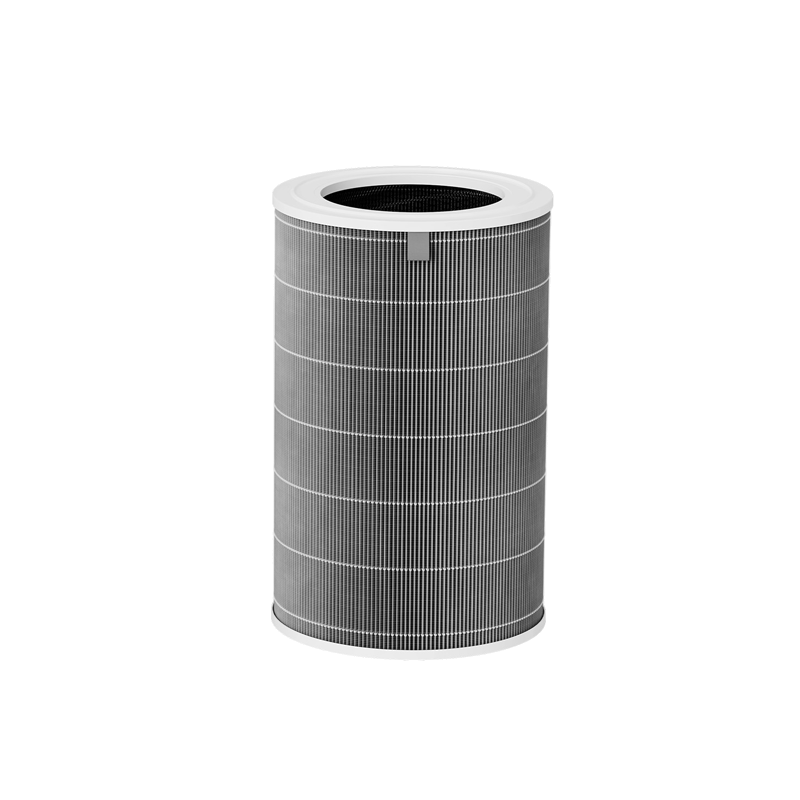
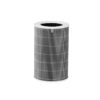
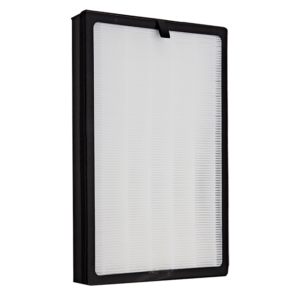
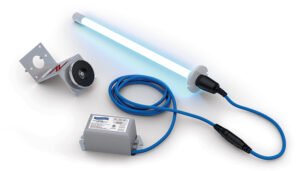
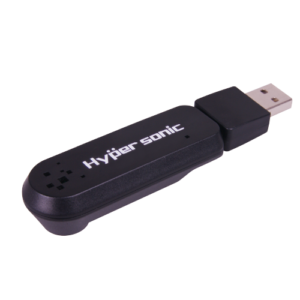
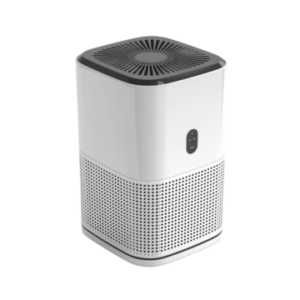
Reviews
There are no reviews yet.